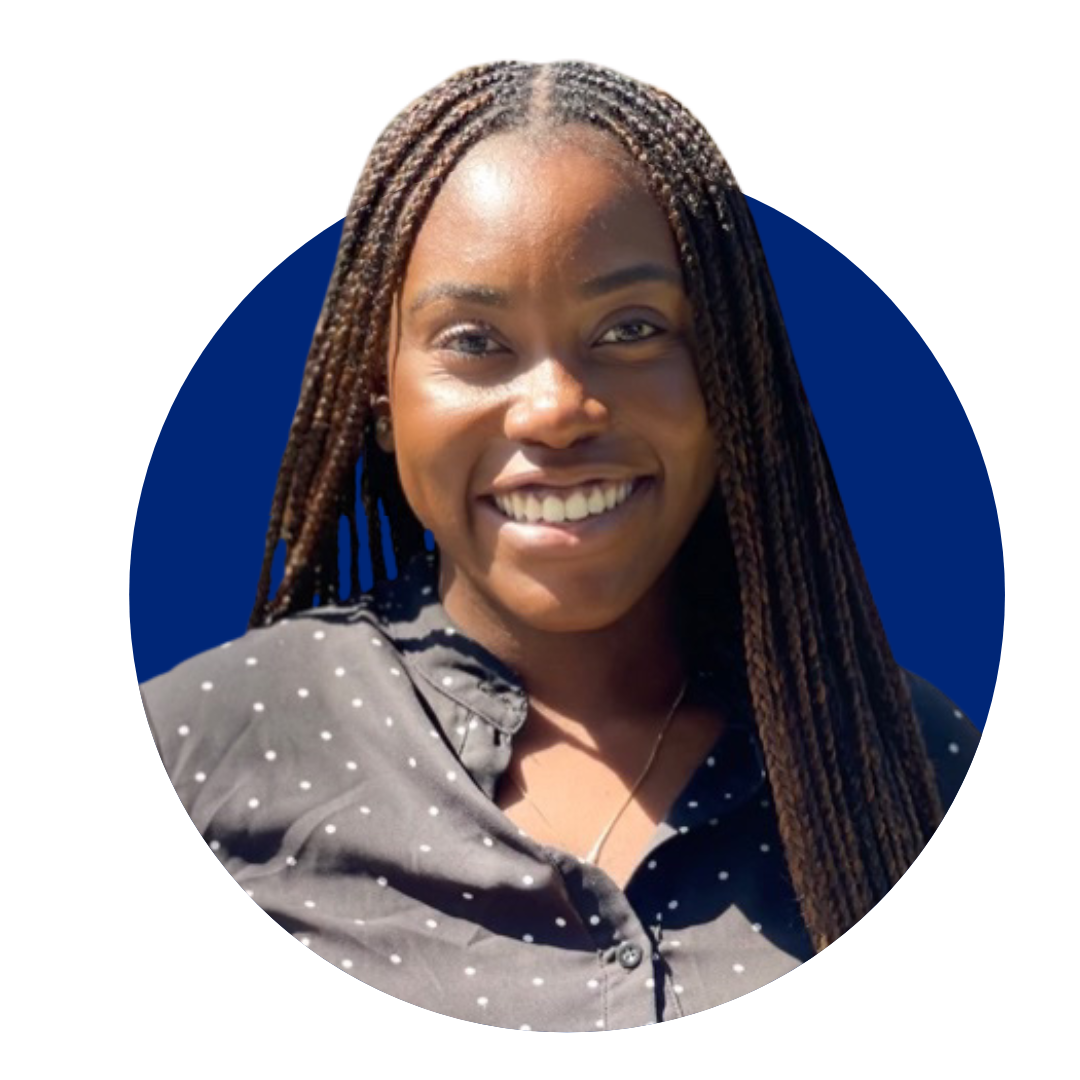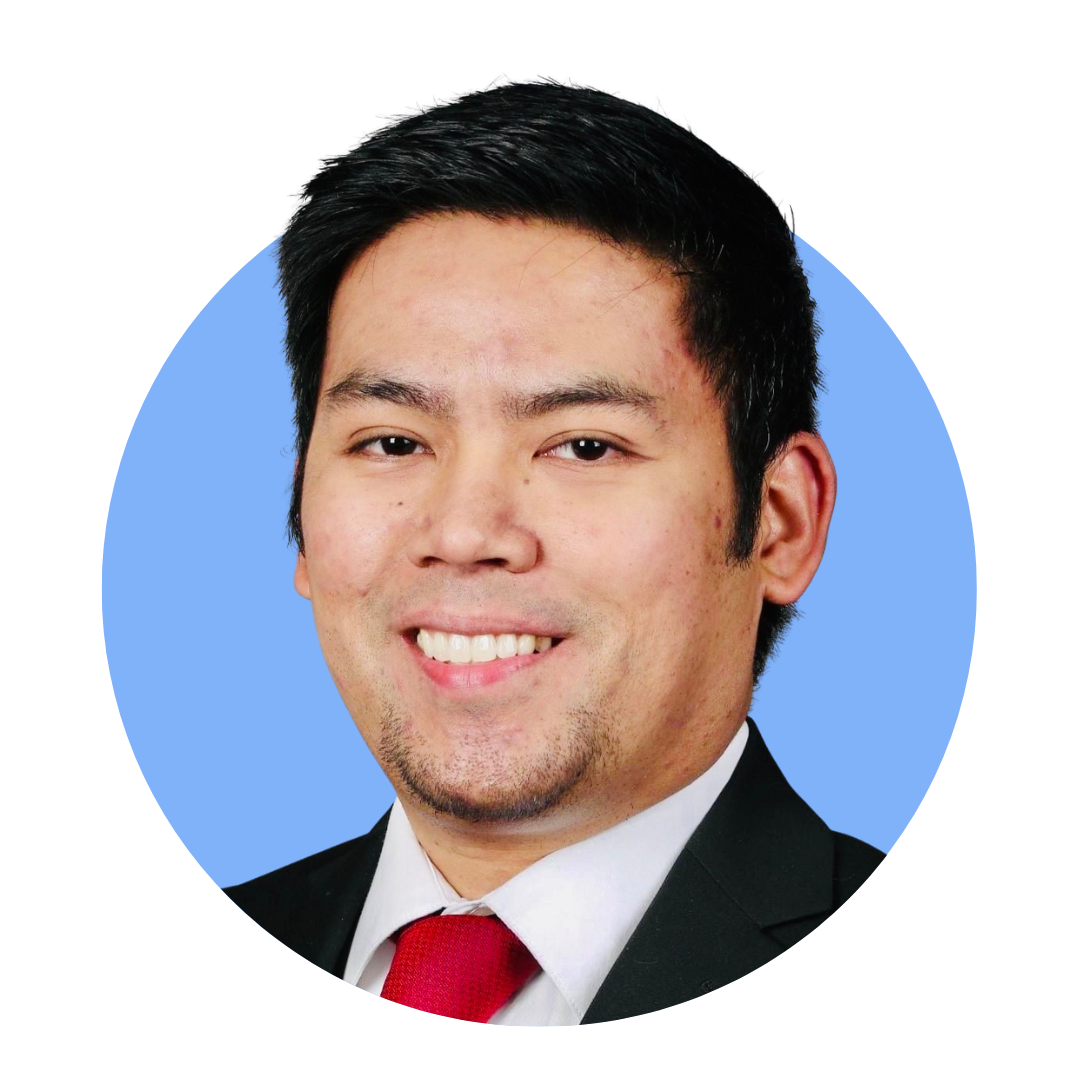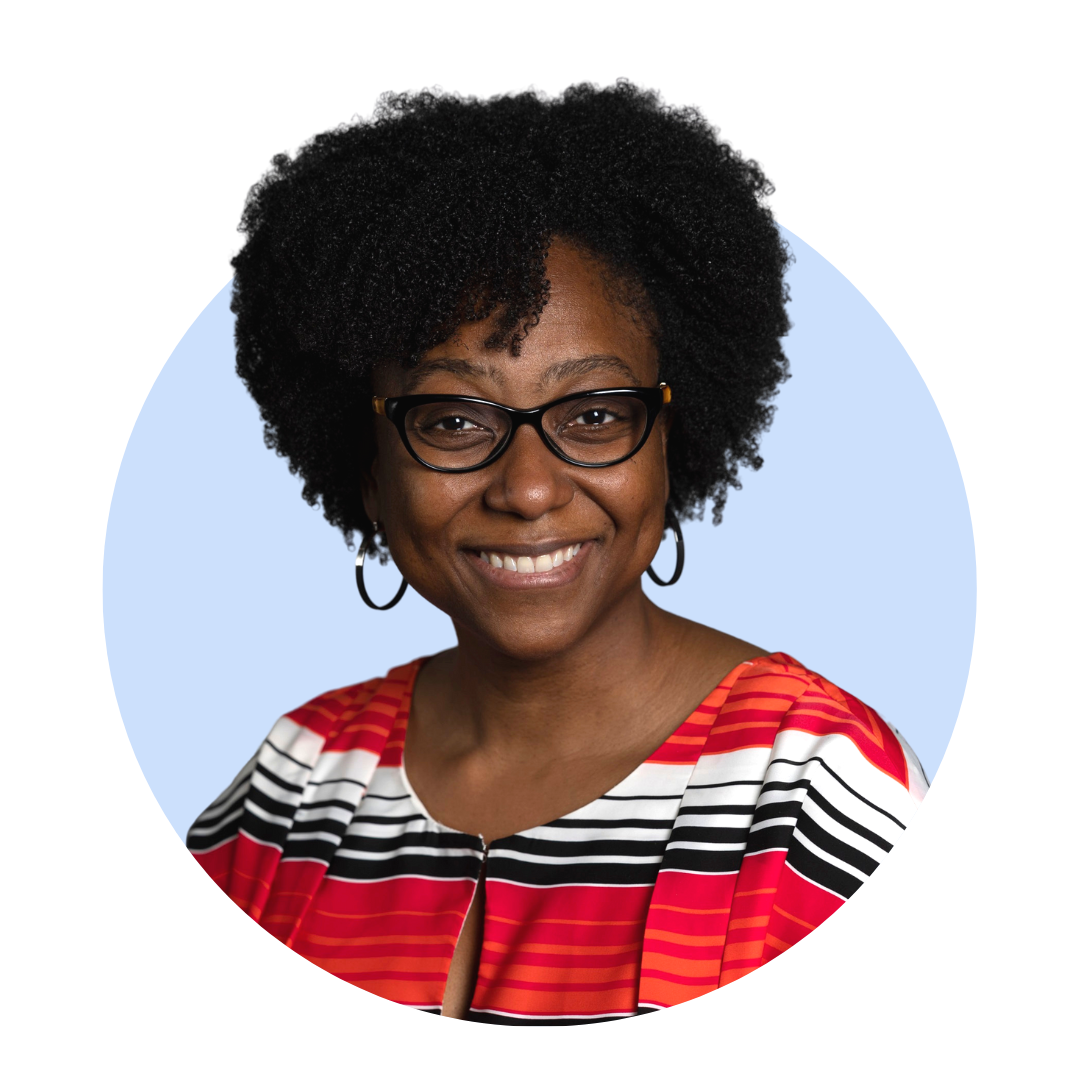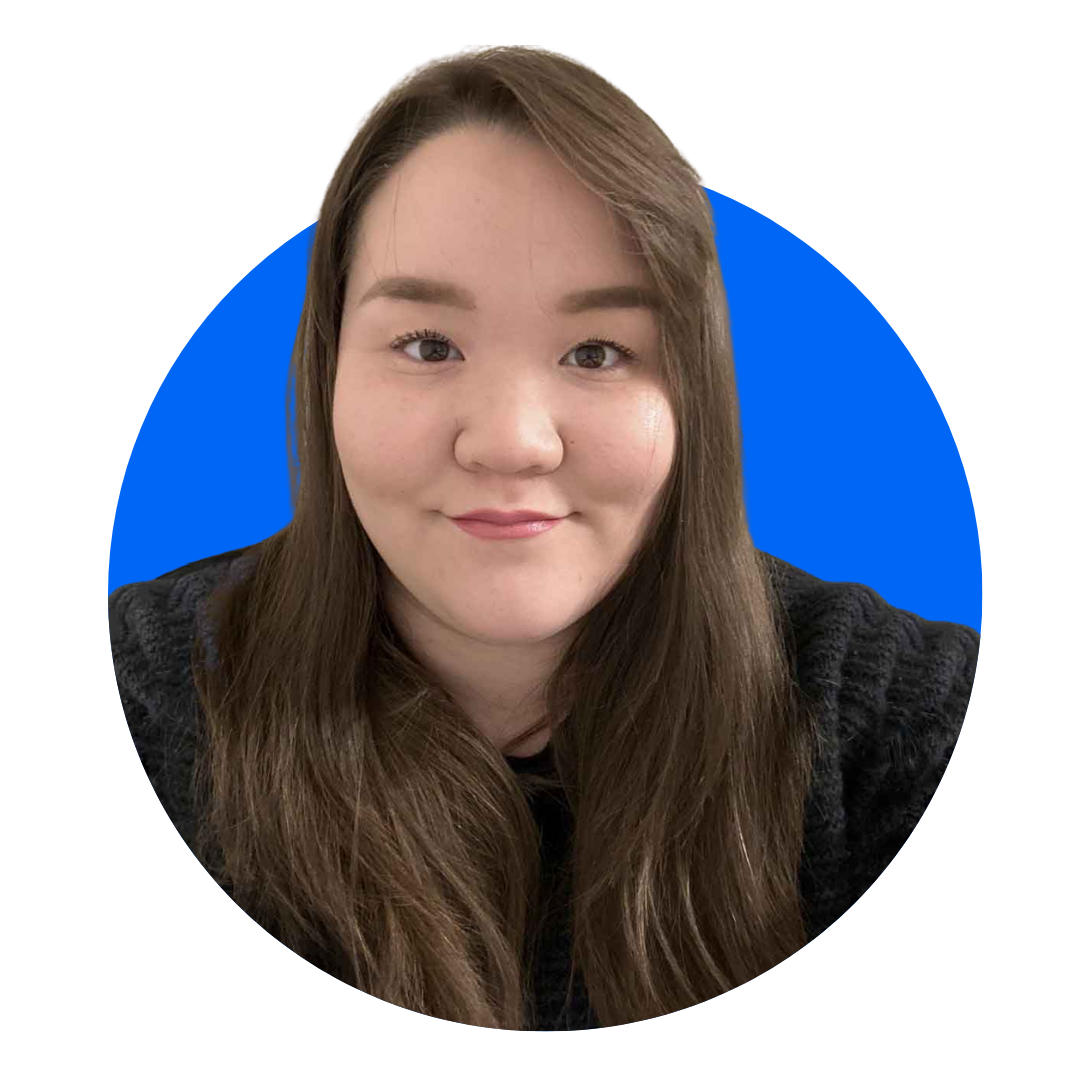The need for a more diverse and culturally competent clinical workforce remains critical. Our new Diversity in Health Care Scholarship program is advancing the United Health Foundation’s commitment to address this need by providing scholarships for current and future health professionals. UnitedHealth Group is committed to enabling and delivering equitable care that reduces health disparities and improves health outcomes — a priority reflected in our mission. Ultimately, we are successful when we improve access to high-quality care for everyone.
“Building a diverse pipeline of health care talent is foundational to providing culturally competent care that leads to better outcomes and higher satisfaction. Our goal to support 10,000 existing and future clinicians over the next decade will help address the projected labor shortage in health care and accelerate the work we've been doing for more than 15 years to help historically underrepresented groups enter the health care workforce.”
Executive vice president and chief sustainability officer for UnitedHealth Group
Background
The 10-year, $100 million commitment announced last June will provide scholarships and support to 10,000 people to build a more diverse health workforce prepared to serve the needs of underserved communities. The Diversity in Health Care Scholarship program builds on our long-standing efforts to increase diversity in the health workforce. Since 2007, the United Health Foundation has provided funding for over 3,300 scholarships to students across the U.S. to increase the number of diverse health care providers.
What’s happening
Since announcing the deepened commitment, the United Health Foundation has provided scholarships to an initial cohort of diverse health professionals who are working to advance their clinical skills and credentials.
In their words
Here’s what our first cohort of scholars is saying about the importance of providing culturally competent care.

Olubukayo Akinyemi
Austin, TX
How do you plan to use your degree?
I see myself using my degree for community mental health and I’m applying to residency programs within the field. I would specifically like to do lifespan work, working with everyone from transitional age youth to geriatrics, and I’ve already worked with a lot of people of color experiencing chronic homelessness in my time as a case manager.
Why did you choose this line of work?
In general, people are more likely to provide information to and feel more comfortable with someone who they can relate to, who has that shared experience. Being able to have that representation matters, especially in mental health.
Olubukayo is a registered nurse seeking to become a psychiatric mental health nurse practitioner.

John De Villa
Pueblo, CO
How do you plan to use your degree?
I would like to create clinical programs to help improve the quality of care, particularly focusing on obesity in my community. I’m passionate about educating future nurses and providers, and having a doctorate in nursing practice will allow me to do that.
What does this opportunity mean to you?
To be able to have this opportunity to create an impact on my community is such an amazing thing. Coming from a diverse background — I was born and raised in the Philippines — I can provide a different perspective to patients and others.
John is a family nurse practitioner seeking a Doctorate of Nursing Practice.

Gaea Daniel
Atlanta, GA
How do you plan to use your degree?
I want to practice as a psych NP and provide psychiatric mental health care for vulnerable populations who have been marginalized and historically excluded. I want to be an advocate for mental health. I want to reduce the stigma and make it more acceptable.
What does this opportunity mean to you?
From my own experience, there is a deeper level of connection and acceptance. You don’t feel the judgment. There’s a vulnerability that patients experience when they step into a space to speak to someone about their most intimate moments and concerns. Having someone who they relate to can soothe their apprehension and help them to open up to be their whole selves.
Gaea is a registered nurse with a PhD seeking to become a psychiatric mental health nurse practitioner.

Tuyet Nhu Truong
Seattle, WA
How do you plan to use your degree?
I'm currently trying to get my Doctor of Nursing practice in midwifery and I want to work with marginalized groups. I want to help individuals who feel like they are not being represented in the medical field.
What does this opportunity mean to you?
Being able to speak the same language and close that gap, ethnically and culturally, it's just an immense relief for most patients. There is no barrier and people can speak without feeling ridicule or judgment.
Tuyet is a registered nurse seeking to become a certified nurse midwife with a Doctorate of Nursing Practice.
What’s next
In addition to funding scholarships for current health professionals, we are partnering with the following national nonprofit organizations to provide scholarships and support to future clinicians seeking careers as doctors, nurses and other clinical professionals, the first cohort of which will begin their studies in fall 2023.


Share This Story